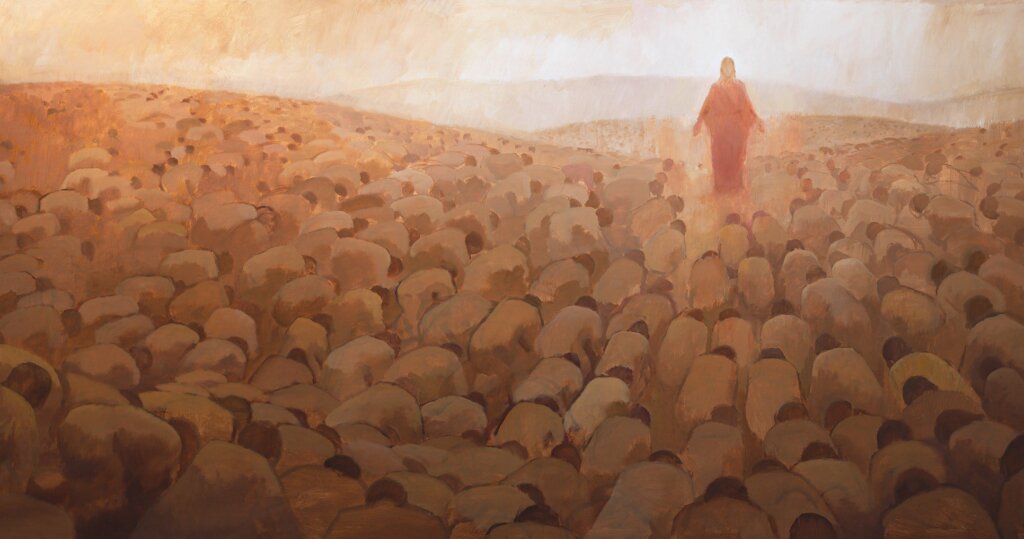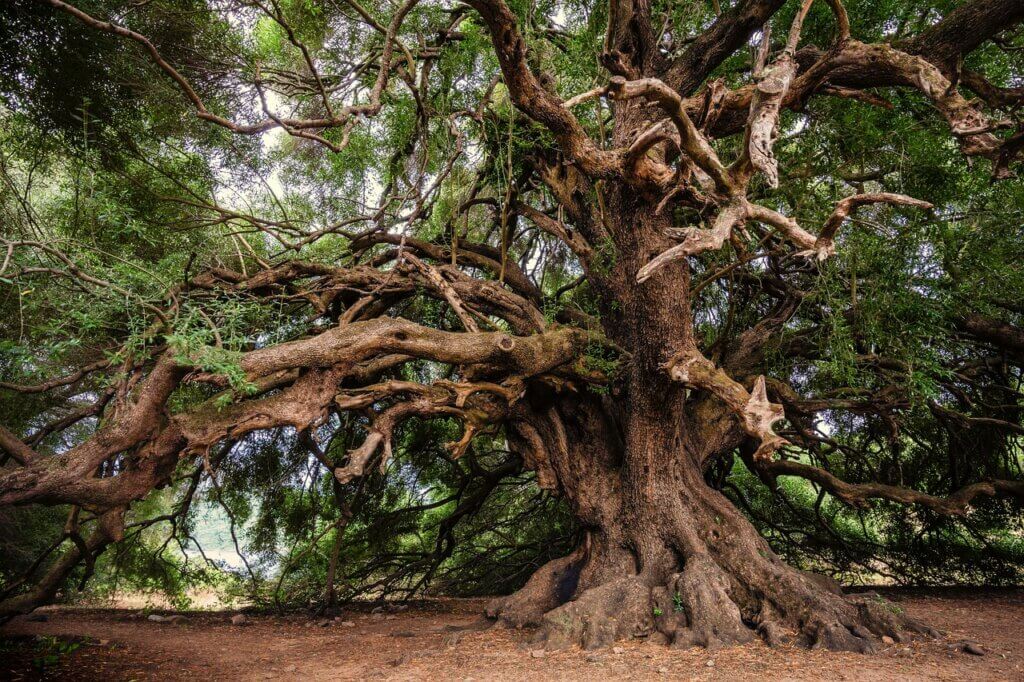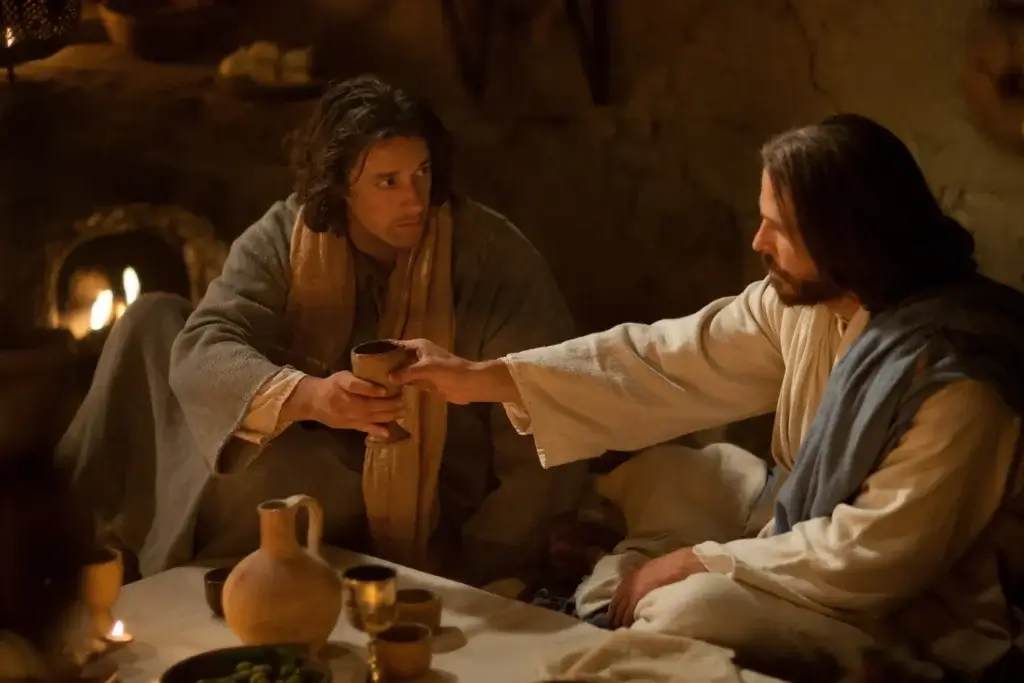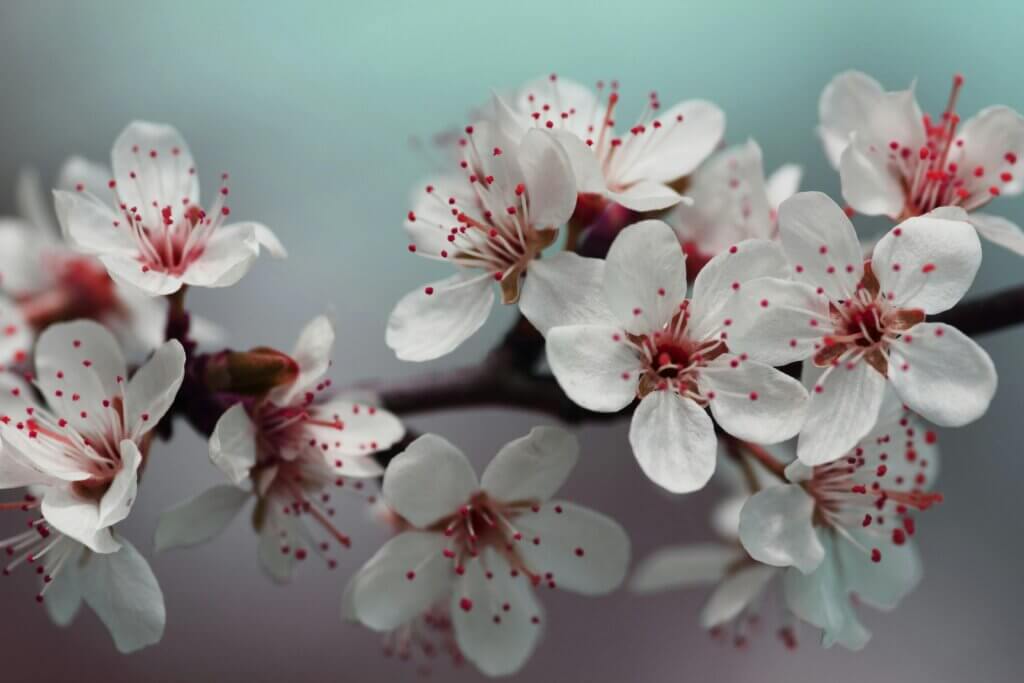Good Fruit

September 12, 2021
If we apply the scriptures’ bad news to ourselves first, then there is a chance we can qualify for the good news. Those who do the reverse tend to apply the bad news to others, often exhibiting a peculiar inability to believe what the scriptures plainly say. So when we find ourselves nearing the end-time being represented by an olive tree that “hath brought forth much fruit, and there is none of it which is good” (Jacob 5:32), wouldn’t it be a good idea for us to ask what “bad fruit” we have produced which “profiteth me nothing” (ibid.)?
And also to ask what measures the Lord of the vineyard takes in Zenos’ allegory so that the tree may again bear good fruit. Notably, at this point in the end-time sequence of things the mother tree into which Gentile lineages were grafted is spiritually on a par with its three daughter trees who comprise Israel’s natural lineages—the Jews, Ten Tribes, and Lamanites of today. All four trees are bearing “evil fruit” (Jacob 5:35–40) and growing “bitter branches” that the Lord of the vineyard commands to be cast into the fire (Jacob 5:57–58).
Is it any wonder that these branches’ “taking strength unto themselves” and “overcoming the roots” has led to the vineyard’s becoming “corrupted” (Jacob 5:47–48)? When men go beyond what the Lord commands—when “priests bear rule by their [own] means and my people love to have it so” (Jeremiah 5:31)—doesn’t that create a kind of spiritual codependency and a lose-lose situation? In his allegory of the vineyard, Isaiah calls the wild fruit that results be’ushim—fruit that decays before it comes to maturation (Isaiah 5:2, 4).
Says Isaiah, “The leaders of these people have misled them, and those who are led are confused” (Isaiah 9:16). And yet it is out of this same collective body epitomized by the mother tree that there is yet hope for a restoration of all things. Appointing his end-time servant to “call servants, that we may labor diligently with our might in the vineyard, that we may prepare the way, that I may bring forth again the natural fruit” (Jacob 5:61), the Lord commands them to graft branches from the daughter trees into the mother tree and vice versa.
As in Elijah’s day, when many of God’s people had drifted into the worship of Baal, the Lord still had a few thousand left in Israel who “have not bowed to Baal” nor “kissed him” (1 Kings 19:18). Though his end-time servants are few in comparison to the task at hand, when “the Lord of the vineyard labored also with them; and they did obey the commandments of the Lord of the vineyard in all things” (Jacob 5:72), the olive trees again began to bear the natural fruit, which is “the most precious above all other fruit” (Jacob 5:61).
Such fruit pertains to the “tree of life, whose fruit is most precious and most desirable above all other fruits; yea, and it is the greatest of all the gifts of God” (1 Nephi 15:36). But this fruit appears only when the Jews, Ten Tribes, and Lamanites are regrafted into their mother tree and the remaining Gentiles into the daughter trees, making all “equal” (Jacob 5:73–74). Jacob sums up, “How blessed are they who have labored diligently in his vineyard; and how cursed are they who shall be cast out into their own place!” (Jacob 6:2–3).
Posted in Weekly Newsletter, Love Isaiah!











